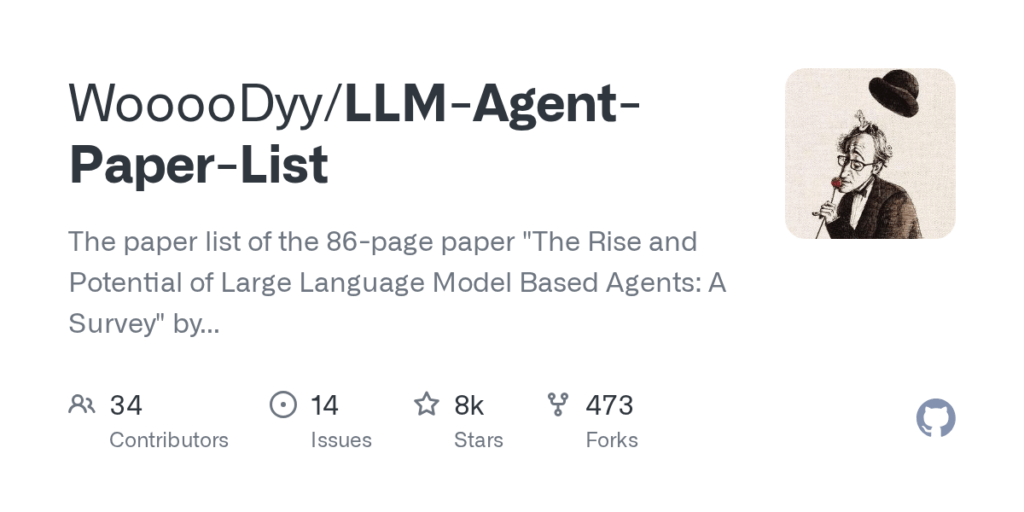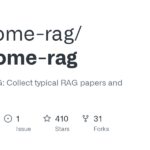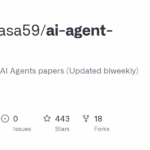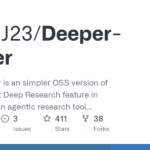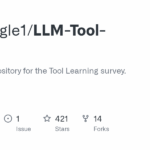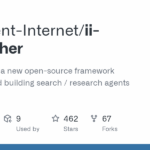LLM Agent Paper List
Basic Information
This repository is a curated, continuously maintained survey and bibliography of research on large language model (LLM) based agents. It accompanies the paper "The Rise and Potential of Large Language Model Based Agents: A Survey" and collects must-read papers, categorized explanations, and updates about developments in agent design, capabilities, and evaluation. The README organizes material around a conceptual framework for LLM agents (brain, perception, action), practical applications (single agents, multi-agent systems, human-agent cooperation), agent societies, benchmarks, and training approaches. It highlights recent news and newly released works, lists project maintainers and contact information, and provides a citation for the survey. The repository is intended as a reference hub for researchers, students, and practitioners seeking an organized entry point into the literature on LLM-powered agents.

